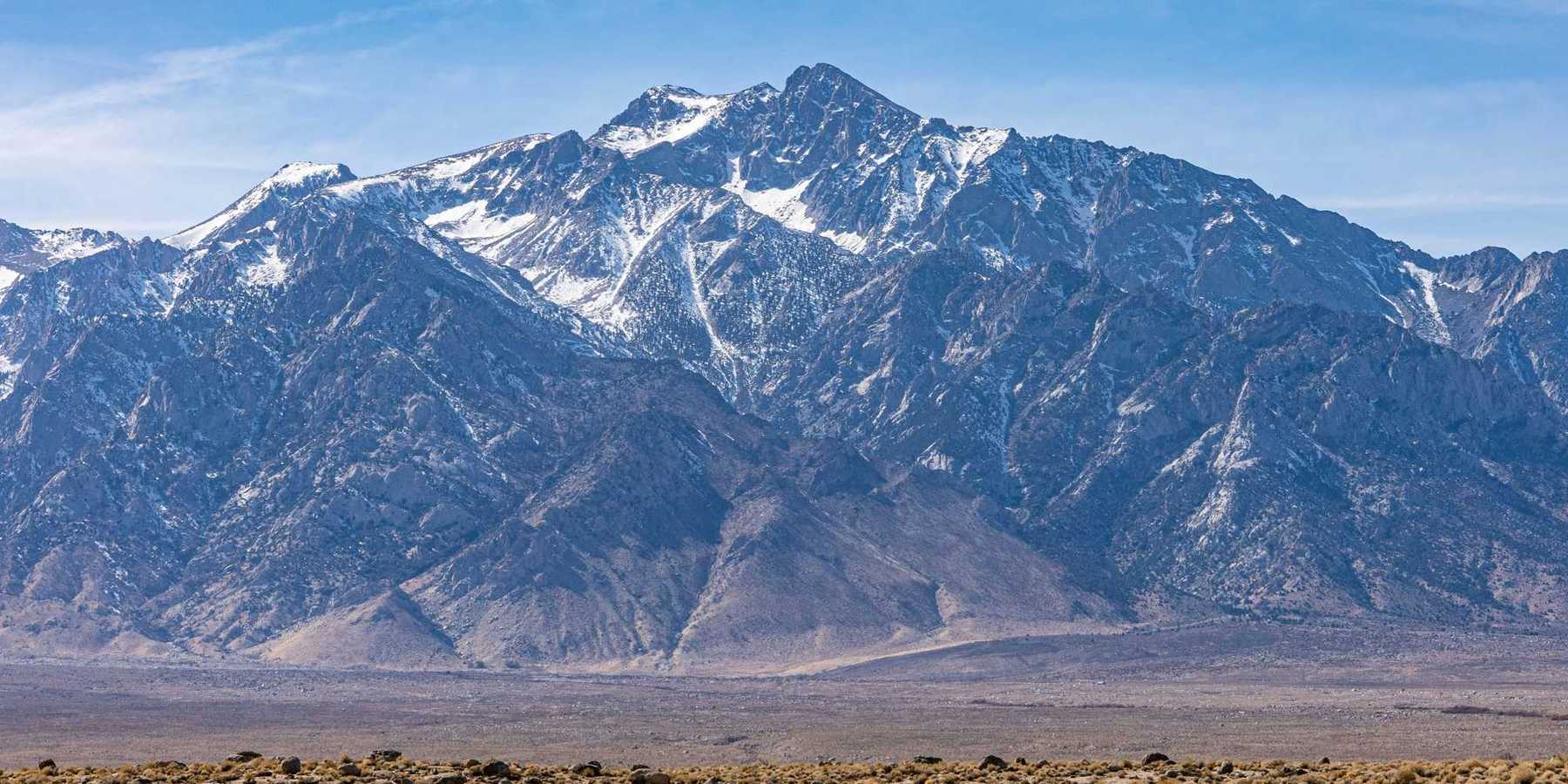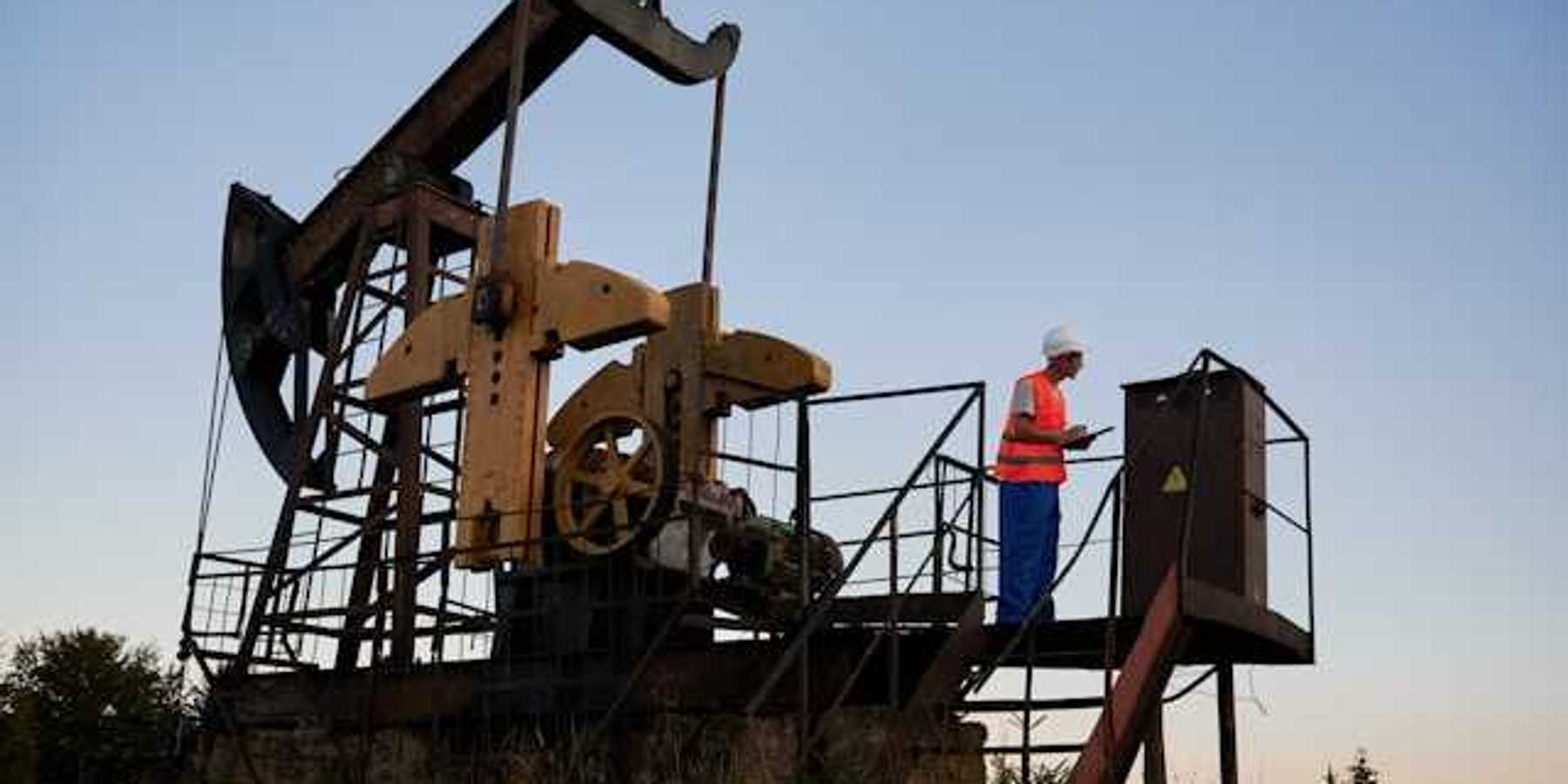Maldives' race to expand land raises environmental and social concerns
The Maldives is undertaking large-scale land reclamation to combat land scarcity and rising sea levels, but this move has sparked widespread environmental and societal concerns.
Jesse Chase-Lubitz reports for the Pulitzer Center.
In short:
- Land reclamation in the Maldives involves dredging ocean floors to create new land, affecting marine ecosystems and local communities.
- Environmentalists and scientists warn that such projects harm coral reefs and disrupt natural sediment flows, increasing vulnerability to climate impacts.
- Despite government claims of economic development, local critics argue that new land has remained underutilized and has not addressed fundamental economic needs.
Key quote:
“Atolls are extremely vulnerable ecosystems."
— Bregje van Wesenbeeck, scientific director of Deltares
Why this matters:
The Maldives' strategy to secure its future against sea-level rise through land reclamation might cause more harm than benefit. The push to create more land — mainly to boost infrastructure and tourism — stirs significant concerns over the destruction of marine habitats, particularly coral reefs that are vital not only for biodiversity but also for natural storm protection. Socially, these developments spark debates about sustainability and the long-term livelihoods of local communities, many of whom rely heavily on the natural resources that are now under threat.













